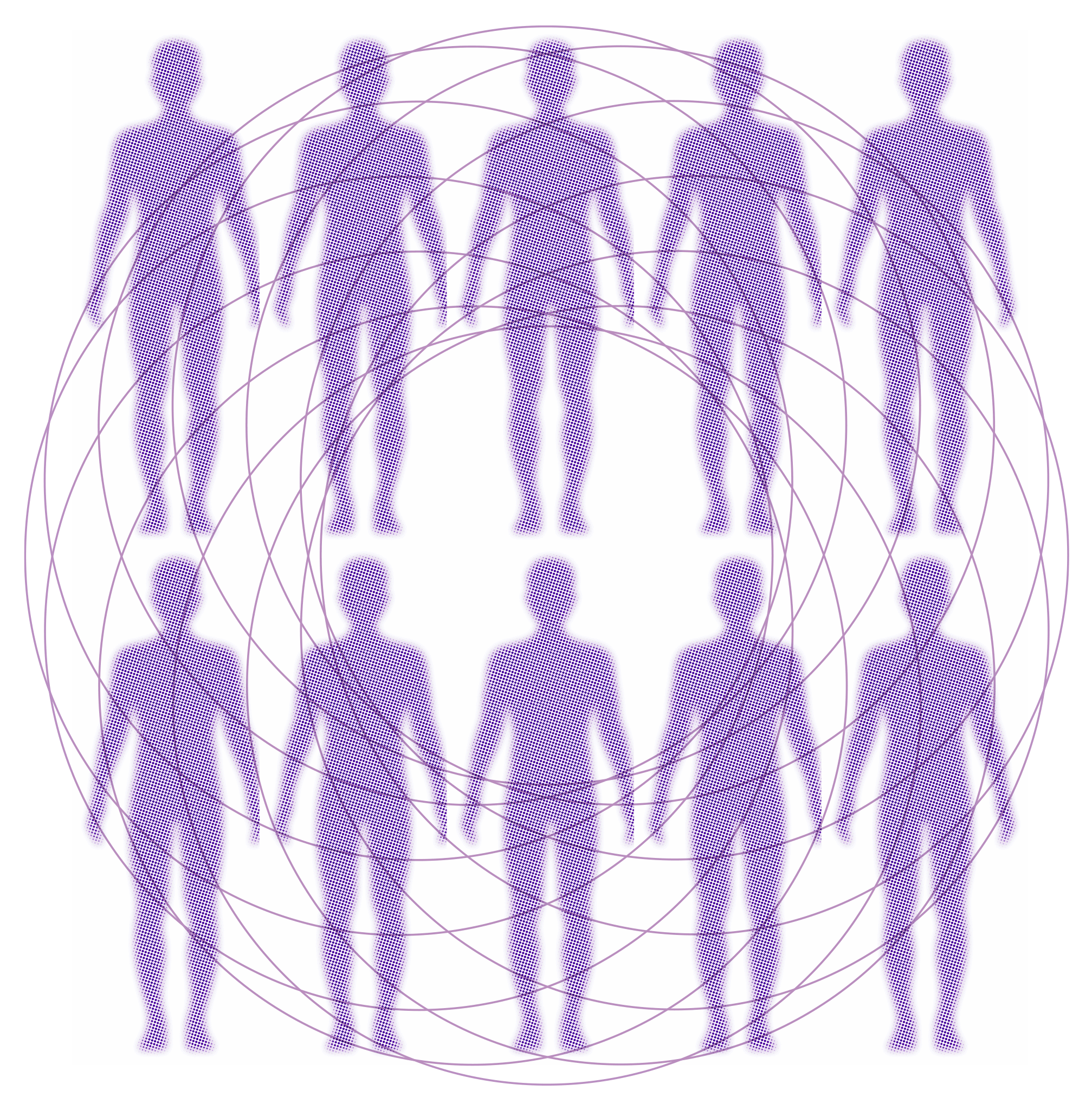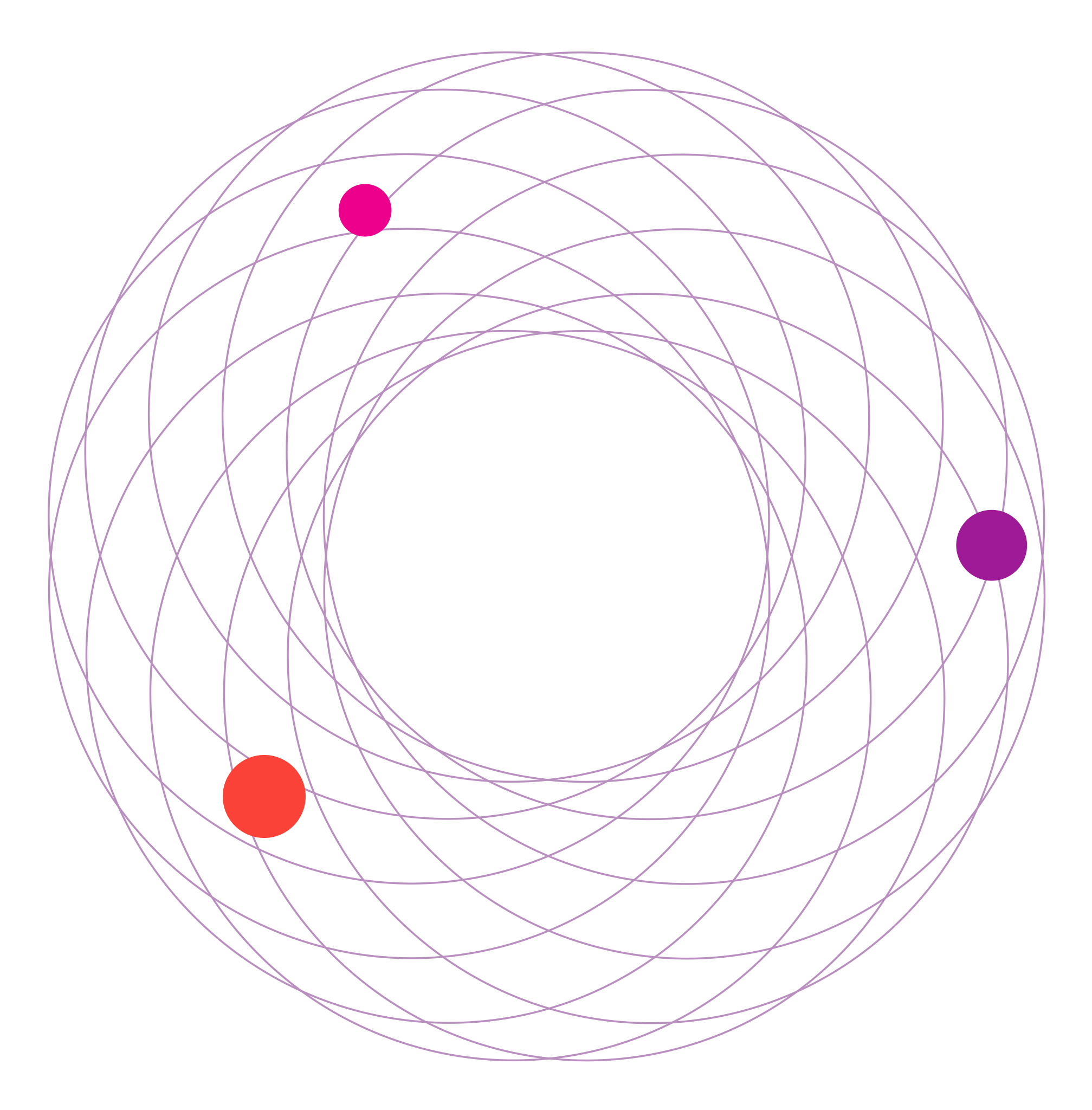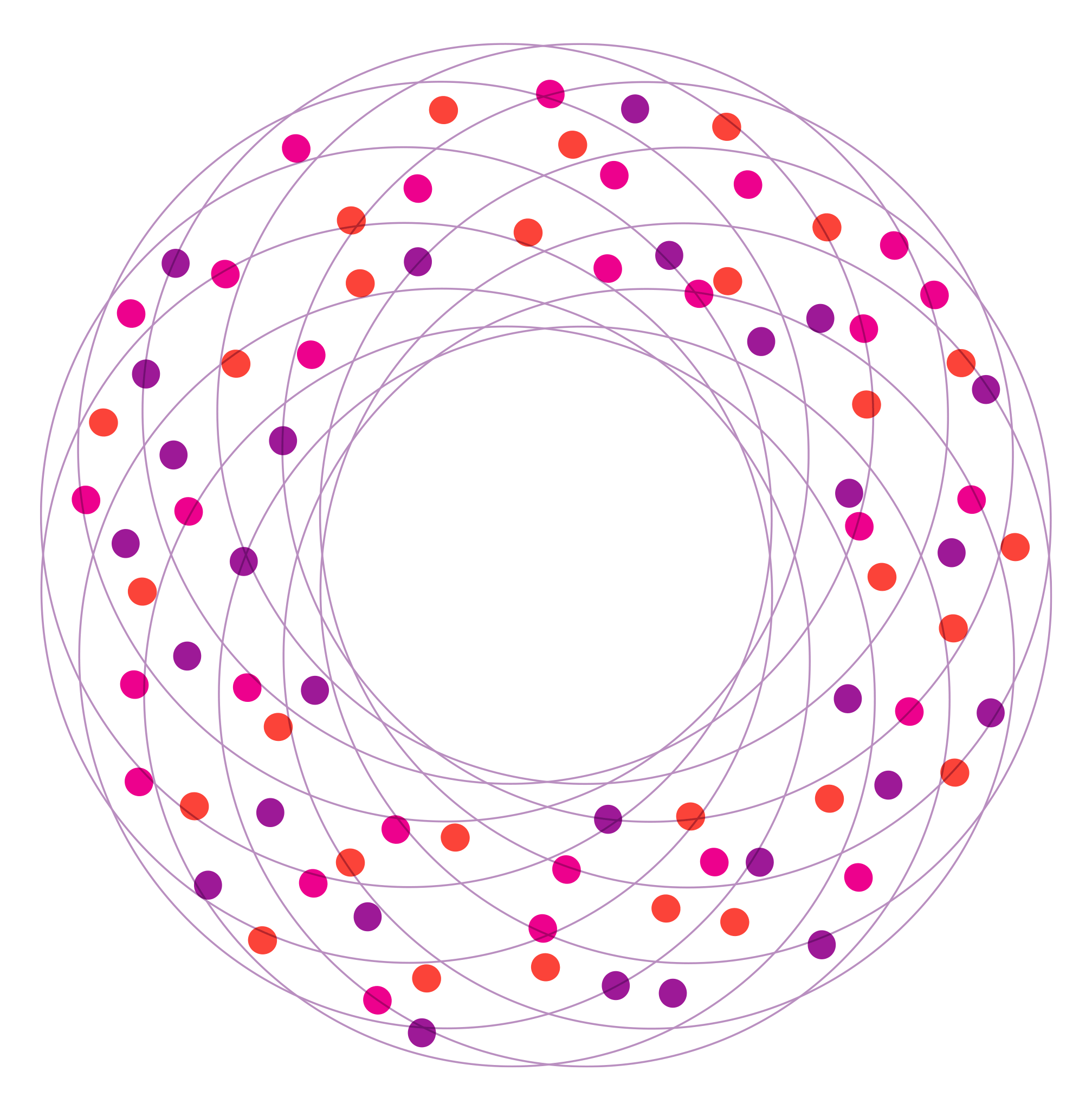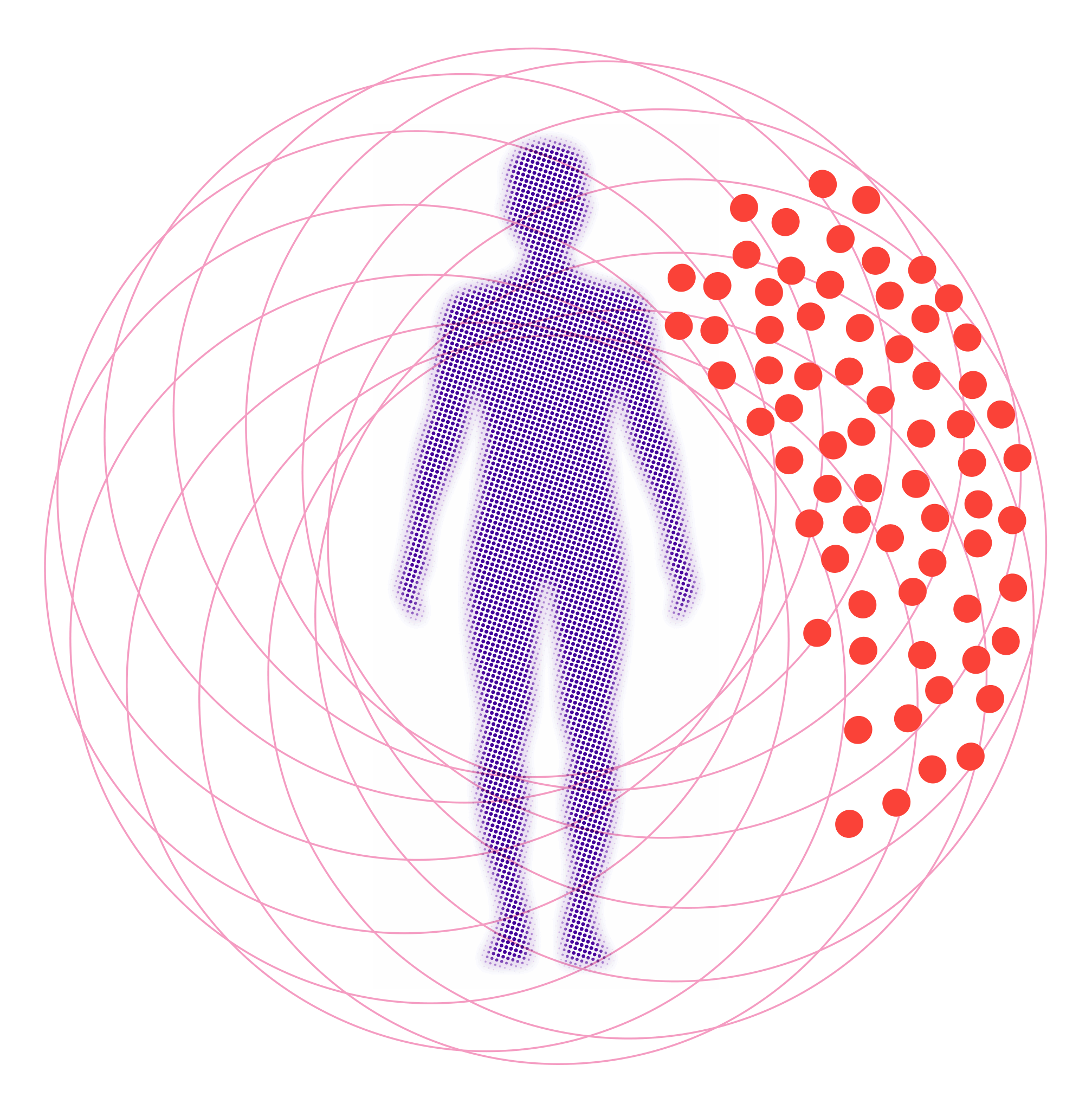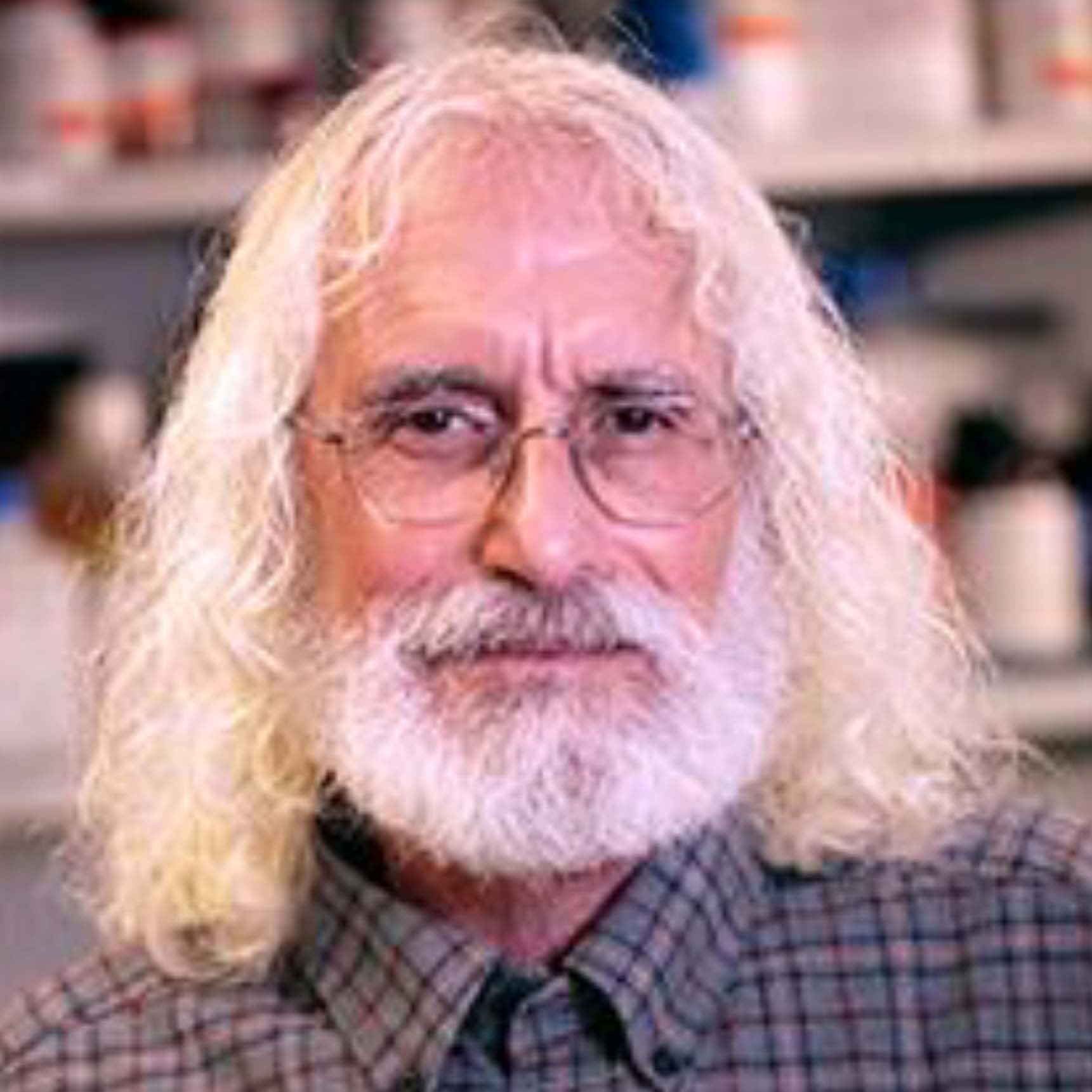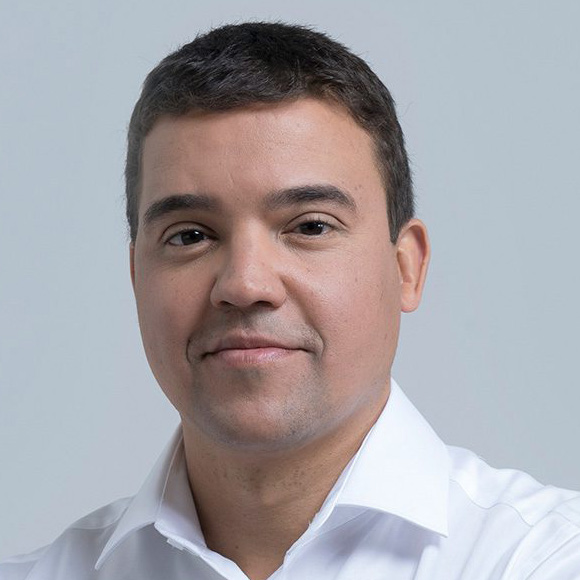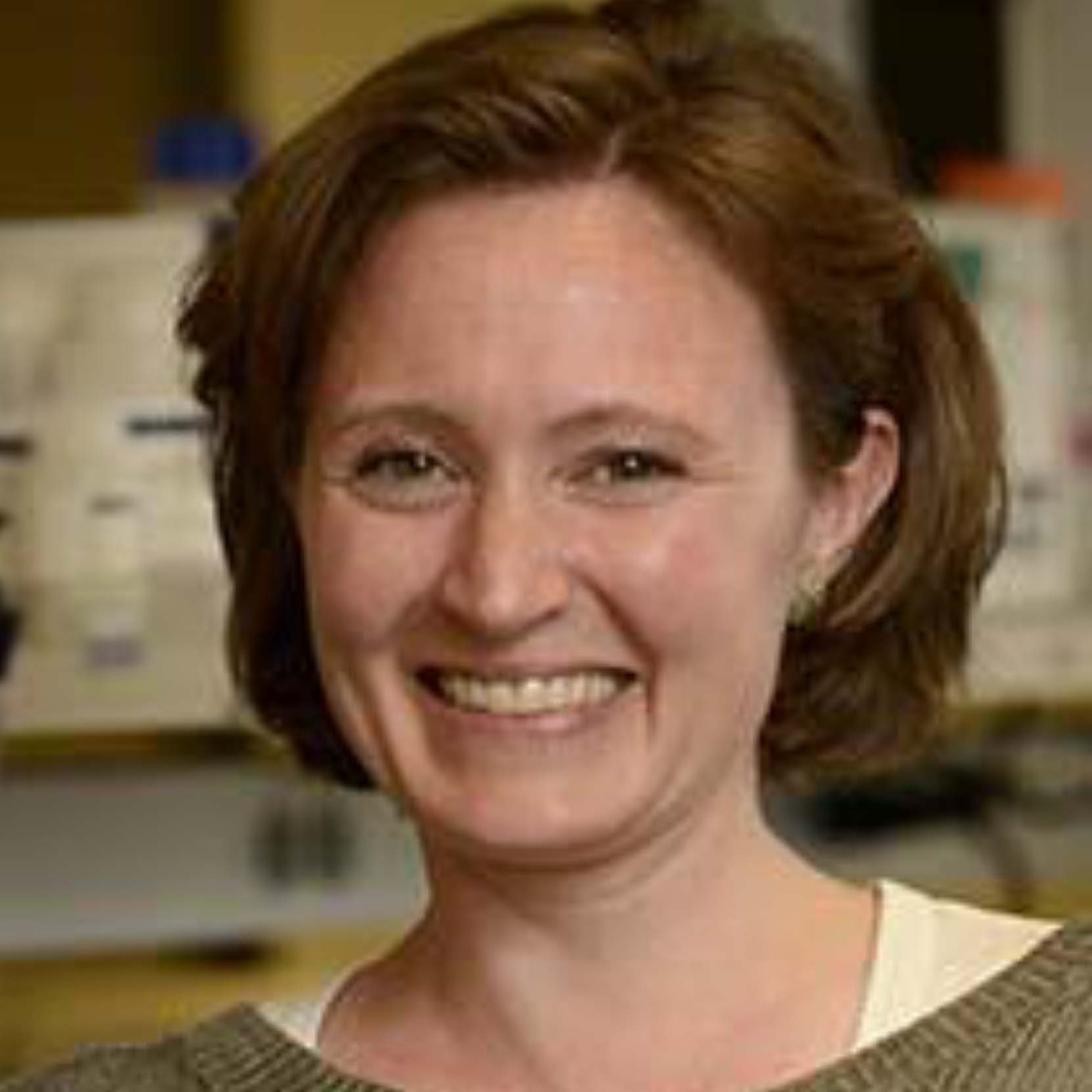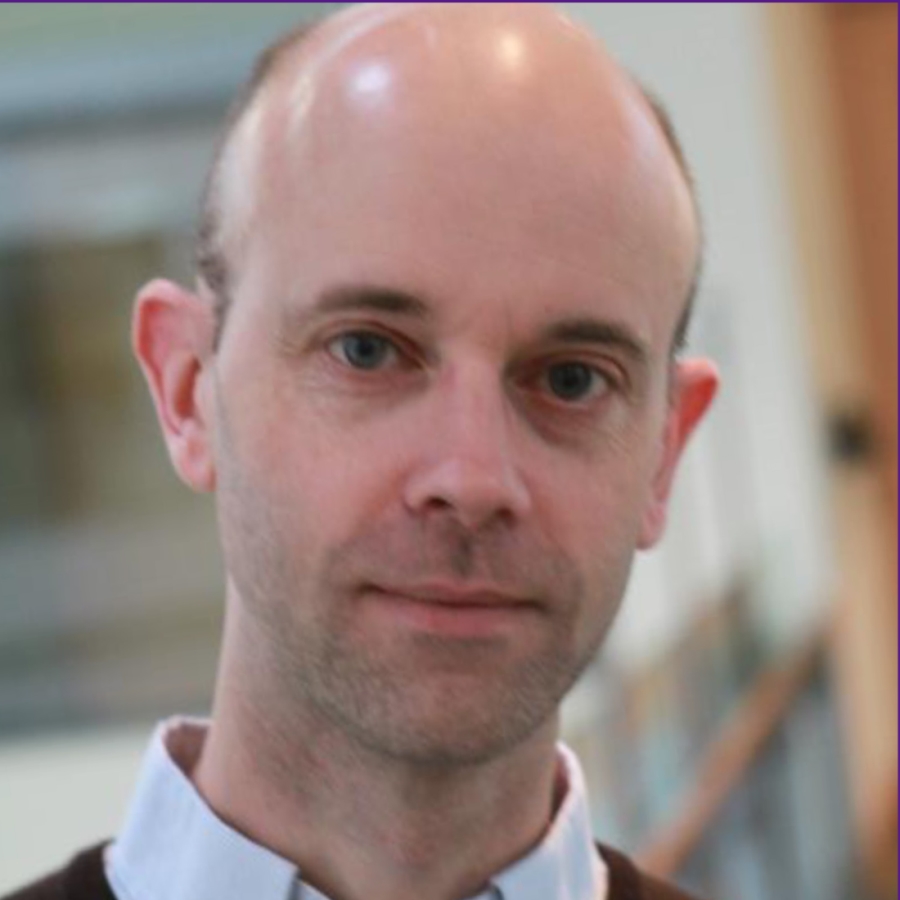KRAS is the most common driver oncogene in human malignancies. Mutations in KRAS act as oncogenic drivers in multiple diverse cancer types
pancreatic
adenocarcinoma
94%
KRAS is the most common driver oncogene in human malignancies. Mutations in KRAS act as oncogenic drivers in multiple diverse cancer types
lung
adenocarcinoma
26%
KRAS is the most common driver oncogene in human malignancies. Mutations in KRAS act as oncogenic drivers in multiple diverse cancer types
colorectal
adenocarcinoma
30-40%
KRAS is the most common driver oncogene in human malignancies. Mutations in KRAS act as oncogenic drivers in multiple diverse cancer types
multiple
myeloma
30%
Among cancers where KRAS mutations are most common, nearly 90% of all mutations occur at the Glycine at position 12, and most often substitute a valine or aspartic acid (G12V or G12D). Affini-T targets mutations with engineered T cells expressing TCRs with high affinity and specificity for mutant KRAS that are identified through our precise, high throughput platform.
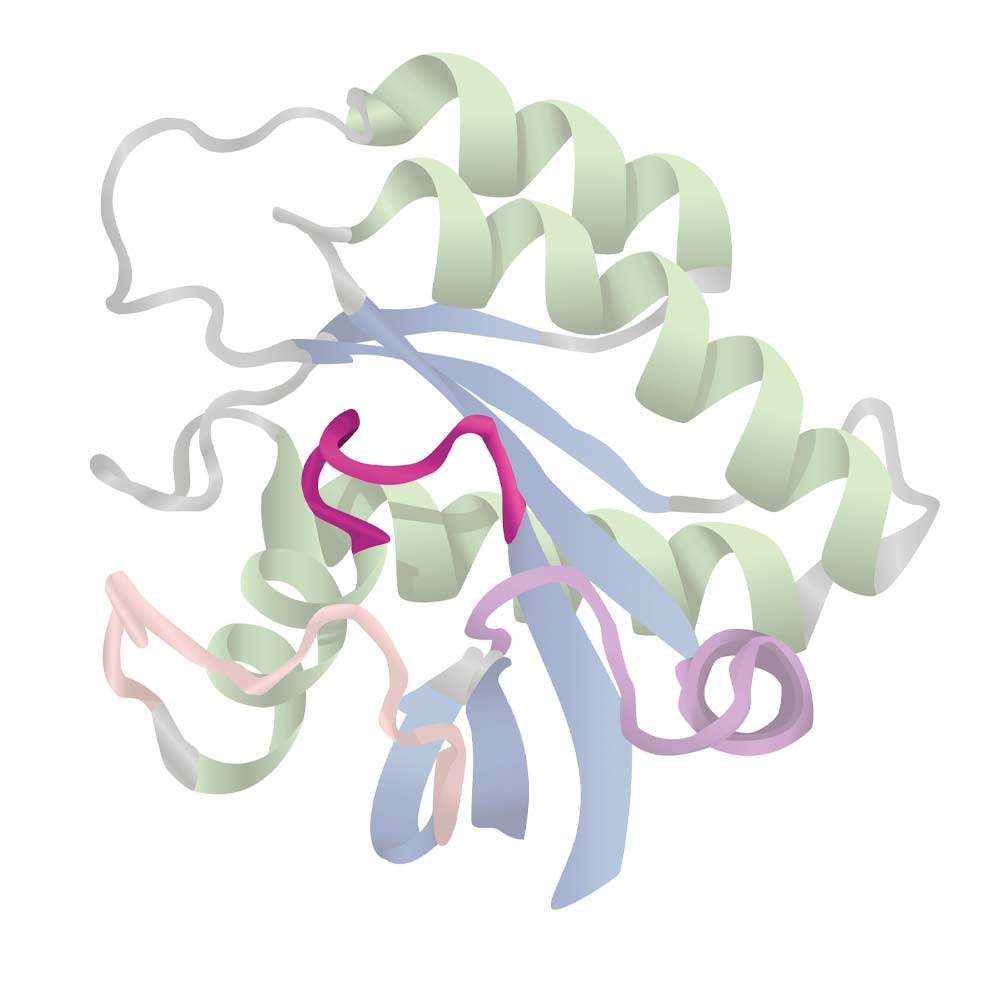
Our Platform
Driver mutations are often single amino acid substitutions in key regulatory genes that spur uncontrollable cell proliferation. Within the extraordinary diversity of any individual’s T cell repertoire, there may only be a handful of T cells that express a TCR capable of recognizing this subtle molecular change.
We evaluate the most effective mutation- specific TCRs from many repertoires, to identify rare TCRs that confer unusually potent recognition of the target mutation. These high affinity TCRs exhibit a low risk of off-target toxicity, since they are identified from the peripheral blood of healthy individuals.
We use NGS-based technologies to analyze antigen-specific T cells from multiple donors. Our unique approach allows us to identify and characterize a comprehensive set of antigen- specific T cell clonotypes present in each donor repertoire. For each clonotype we assess peptide/MHC binding, T cell phenotype and transcriptional profile to predict TCR affinity and functional avidity.
Individual clonotypes can exhibit substantial variability in phenotype and function that is independent of the TCR, but which can influence apparent TCR affinity and antigen responsiveness. We have devised a unique screening platform that accounts for these differences to identify a more comprehensive set of candidate TCRs from each donor repertoire, including high affinity/avidity TCRs that would likely be missed by alternative approaches.


